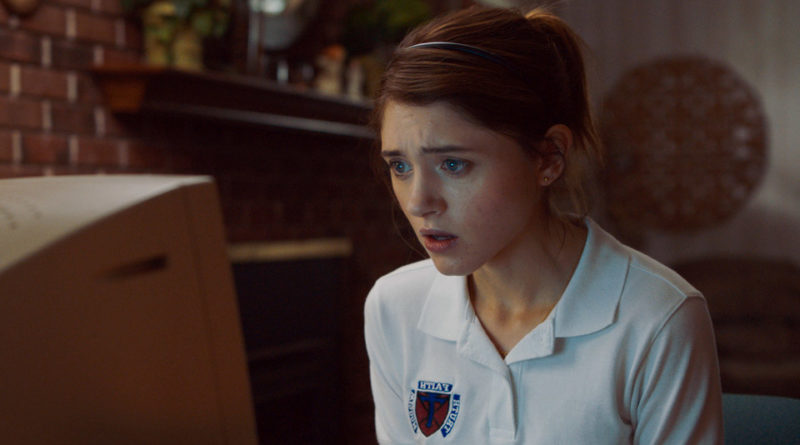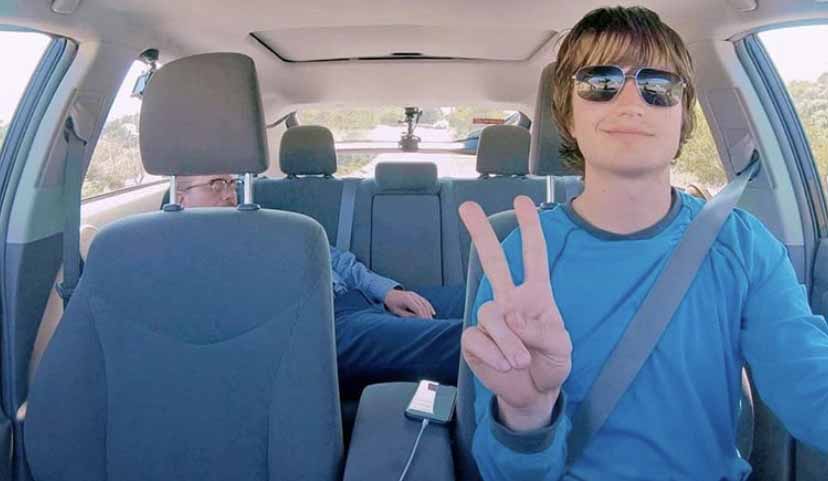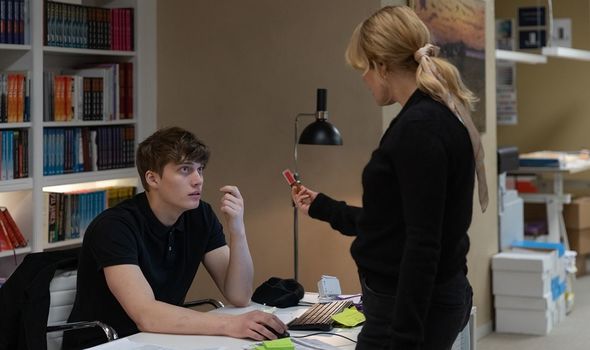I really didn’t get this film. A sexually curious girl attending a strict catholic school navigates a challenging few days at its Kirkos retreat, and discovers that basically everyone is a hypocrite.

That’s it. Like, that’s the movie. It’s basically any other coming-of-age film except slower and daintier. The acting was fine, but I just don’t see how it garnered the critical praise it did. Maybe I’m not American (or Christian) enough to understand what makes this such a great watch.
So, a bit more plot. Our main character is Alice, and she’s kinda lonely. She has a best friend, but relationships with others at her school are tense because she’s been accused of sneaking off with someone else’s boyfriend to toss the salad. She doesn’t know what that means, and neither did I before I googled it (suggestion: do not google it).
It’s the summer of 2000, which means beige CRT monitors, AOL, and public chatrooms. Alice asks the chatroom for their wisdom and in return they bombard her with ‘A/S/L?’ and various other sexual advances. Confused and alone, she decides to sign up to the school’s Kirkos retreat, a 3-day residential ran by Father Murphy. Honestly, the retreat is total bullshit. Alice is asked to fill in a questionnaire about her ‘feelings’, which get scrutinised towards the end of the retreat if they are a little too sexually freeing.
Alice soon discovers this for herself as she sees the camp mentors engaging in sexual activity (outside of marriage: oh the horror!) and even Father Murphy himself viewing an adult video on the office computer.
This is all fair enough, but it’s also very pedestrian. I don’t even think the turning point in the film, where Alice runs away from the retreat and tries to get served at a roadside bar, was any good at all. All of a sudden, with the words of a complete stranger, she learns to have a different outlook on life? Okay.
But, like I said, I probably just didn’t get it. Perhaps there are metaphors in here that make more sense if you’re a Catholic Christian who went through the same sort of things. As it stands, I am none of those things and so this mostly felt like a waste of time.
390w



